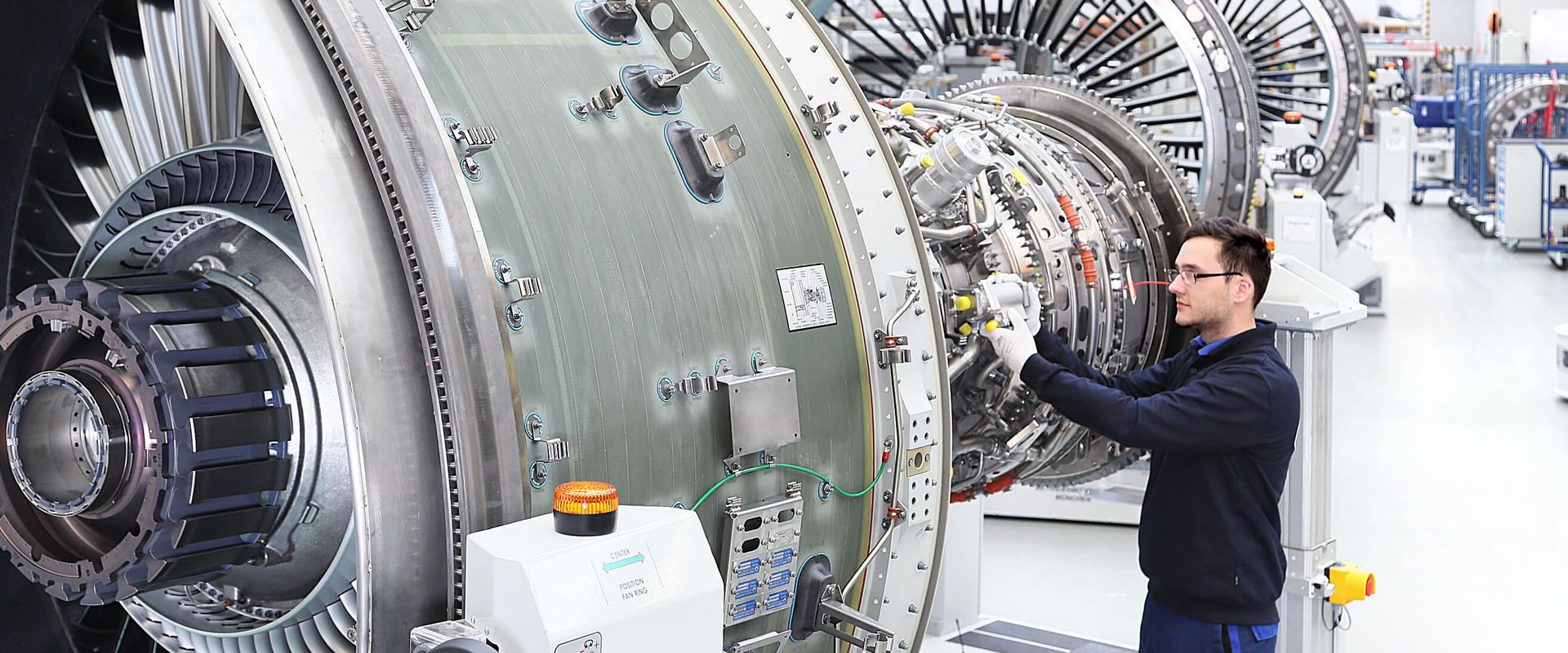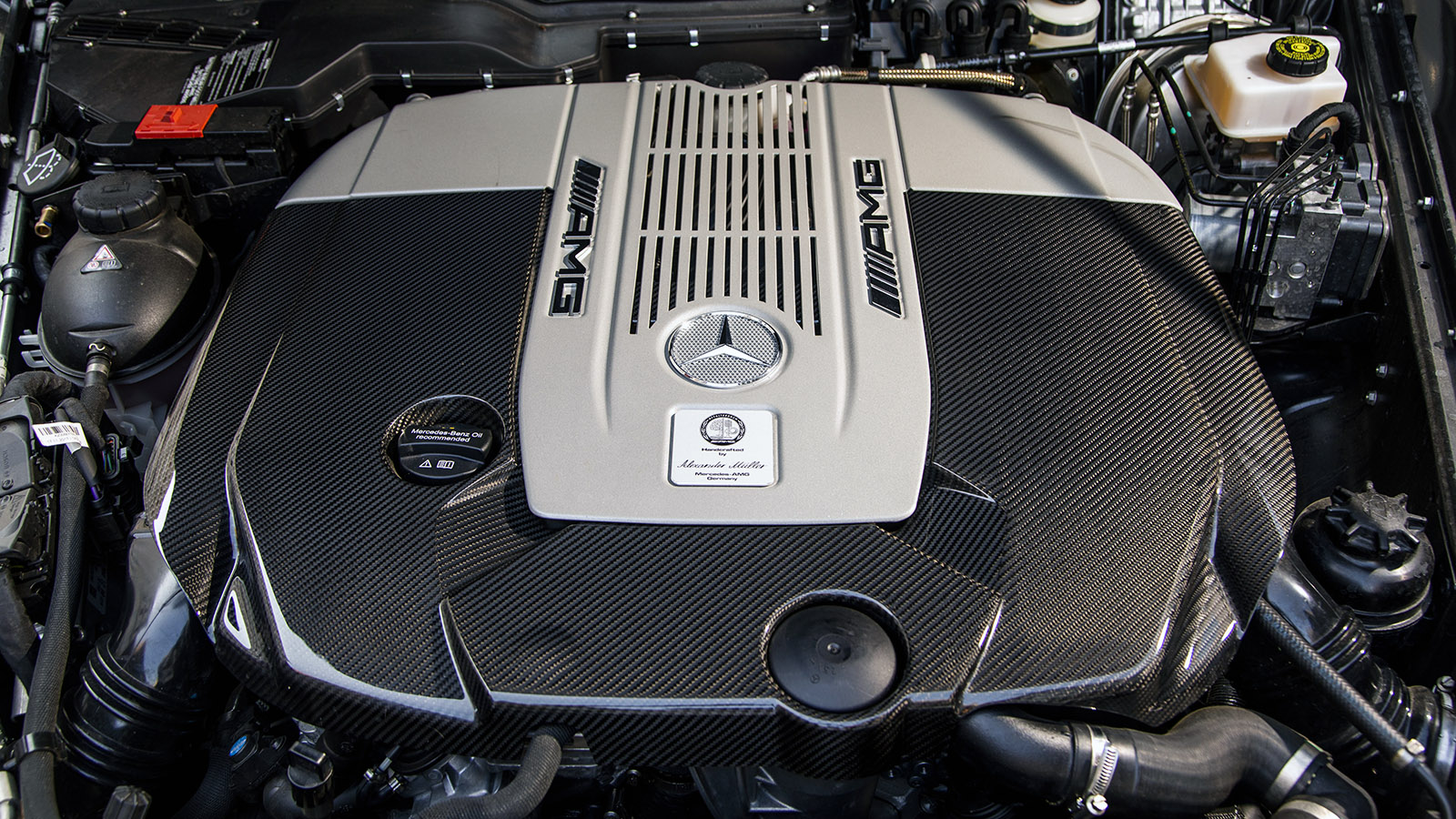Why Companies Prefer Engines For Africa for Their Fleet
Why Companies Prefer Engines For Africa for Their Fleet
Blog Article
Explore a Vast Array of Engines for every single Car and Objective
The auto landscape is increasingly complicated, with a diverse variety of engine kinds designed to meet particular performance and effectiveness needs throughout various vehicle categories. Furthermore, durable engines serve the requirements of work cars, while environment-friendly choices are obtaining grip in the search of lasting transport.
Kinds Of Automotive Engines
Automotive engines can be categorized into several distinct kinds, each designed to fulfill details efficiency and effectiveness demands. The most common categories consist of inner burning engines, electric engines, and hybrid systems.

Electric engines, on the other hand, operate electrical power saved in batteries, giving instantaneous torque and no discharges. These engines are becoming increasingly popular because of improvements in battery modern technology and the expanding emphasis on sustainability.
Crossbreed systems integrate both inner combustion and electrical engines, making it possible for cars to optimize fuel efficiency and lower discharges by seamlessly switching over between power resources. Each engine type offers its drawbacks and benefits, affecting variables such as lorry design, planned usage, and market demand. Understanding these differences is essential for manufacturers and customers alike when choosing the proper engine for their particular requirements.
Performance Engines for Sports Cars
Performance engines for sporting activities cars and trucks are especially engineered to provide improved power, rate, and agility, setting them apart from basic auto engines. These engines typically make use of innovative technologies such as turbocharging, turbo charging, and variable shutoff timing to optimize efficiency and responsiveness.
Generally, performance engines are developed with greater compression ratios, which allow for higher energy extraction from gas. This leads to excellent horse power and torque numbers, enabling rapid acceleration and greater top speeds. In addition, the lightweight products utilized in these engines, such as light weight aluminum and carbon fiber, add to lowered total lorry weight, improving handling and maneuverability.
Engine configurations like V6, V8, and also hybrid systems are typical in performance sports cars and trucks, each offering special benefits in regards to power delivery and driving characteristics. The adjusting of these engines is also essential; many manufacturers enhance the engine administration systems to provide an exciting driving experience, frequently consisting of sport settings that adjust throttle reaction and equipment shifts.
Efficient Engines for Daily Commuters
In the world of day-to-day travelling, efficient engines play an important function in optimizing gas economic situation and lessening discharges while supplying trustworthy efficiency. As urban populaces expand and ecological concerns magnify, the need for lorries geared up with efficient powertrains has actually surged.
Modern engines developed for day-to-day commuters usually include innovations such as turbocharging, direct gas injection, and crossbreed systems. Turbocharging enhances engine effectiveness this post by requiring more air into the combustion chamber, allowing for smaller, lighter engines that do not jeopardize power output. Straight fuel injection improves gas atomization, causing better combustion and increased performance.
Hybrid engines, integrating interior combustion with electric power, additional boost fuel economy, especially in stop-and-go traffic, where standard engines can experience inadequacies. Electric motors help during acceleration and can operate individually at low speeds, minimizing general fuel intake.
Additionally, developments in engine monitoring systems and lightweight products add considerably to efficient engine style. By focusing on efficiency, toughness, and environmental sustainability, producers proceed to supply engines that not just fulfill the demands of daily commuting yet also line up with international initiatives to reduce carbon footprints.
Heavy-Duty Engines for Job Automobiles
Sturdy engines for job automobiles are consistently crafted to deliver outstanding torque and dependability under demanding conditions. These engines are created to perform in atmospheres where traditional engines might falter, such as construction websites, logging operations, and farming setups. The key emphasis of heavy-duty engines is their ability to produce high degrees of power while keeping sturdiness over extended durations of procedure.
Normally, heavy-duty engines use innovative products and robust building techniques to stand up to the rigors of hefty workloads. Attributes such as strengthened cylinder blocks, improved air conditioning systems, and advanced gas injection innovations add to their efficiency. These engines usually operate at lower RPMs, which helps to enhance gas performance while supplying the needed power for hauling and hauling.
In addition to mechanical effectiveness, sturdy engines are often furnished with advanced digital control systems (ECUs) that take care of efficiency, discharges, and diagnostics. This assimilation enables for much better tracking and upkeep, guaranteeing that work vehicles remain operational and efficient.
Eventually, sturdy engines are an important component in the efficiency of various industries, providing the necessary power and integrity to deal with the hardest of tasks.
Eco-Friendly Engine Options
The growing emphasis on sustainability has caused the advancement of eco-friendly engine alternatives that prioritize decreased exhausts and improved fuel effectiveness. These engines are designed to decrease their website the ecological impact of vehicles while still supplying the efficiency and dependability expected by consumers.
Among one of the most notable eco-friendly alternatives are hybrid and electric engines. Hybrid engines combine typical interior burning engines with electric propulsion, permitting decreased fuel consumption and lower greenhouse gas exhausts. Electric engines, on the other hand, run completely on battery power, generating absolutely no tailpipe emissions and adding to cleaner air high quality.
Another promising growth is the advancement of biofuel engines, which use sustainable resources, such as plant products, to power vehicles (Engines For Africa). By making use of biofuels, these engines can minimize reliance on nonrenewable fuel sources and lower total carbon footprints

As the automotive sector progresses, green engine options will certainly website here play an essential role in driving the shift towards even more sustainable transportation solutions.
Verdict
The vehicle market provides a varied array of engines designed to meet different car needs and objectives. From high-performance engines that enhance cars capacities to efficient models prioritizing fuel economy for everyday commuters, each kind serves a specific feature. Sturdy engines deal with robust job automobiles, while environmentally friendly options, such as electrical and biofuel engines, advertise sustainable transportation. This thorough range ensures that all driving demands are attended to, contributing to developments in automobile modern technology and environmental stewardship.

Report this page